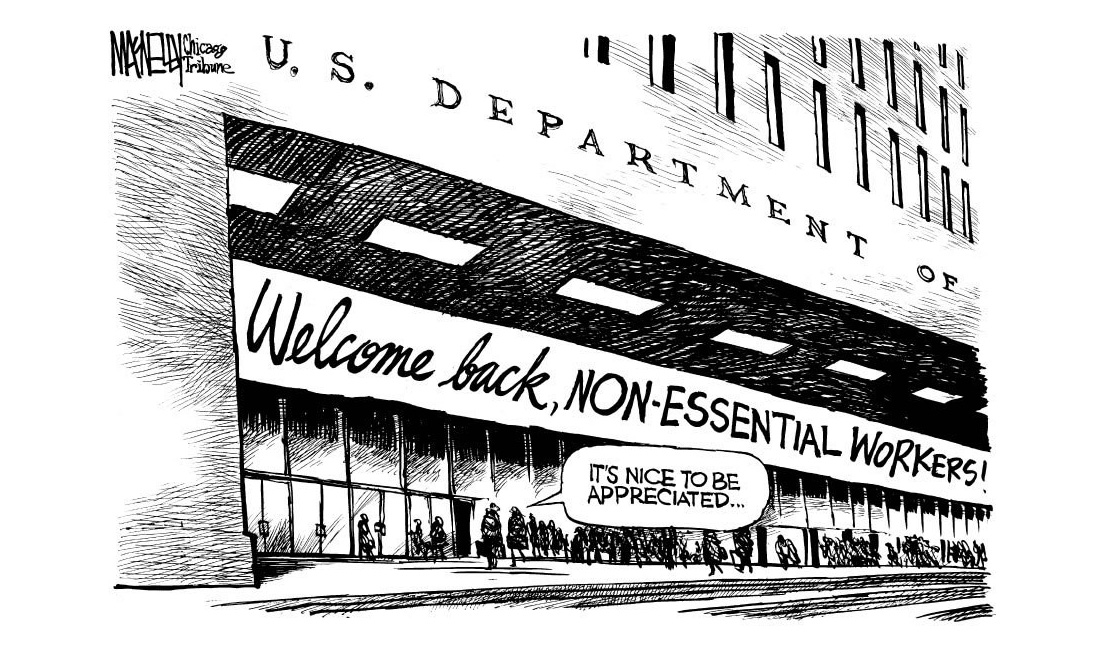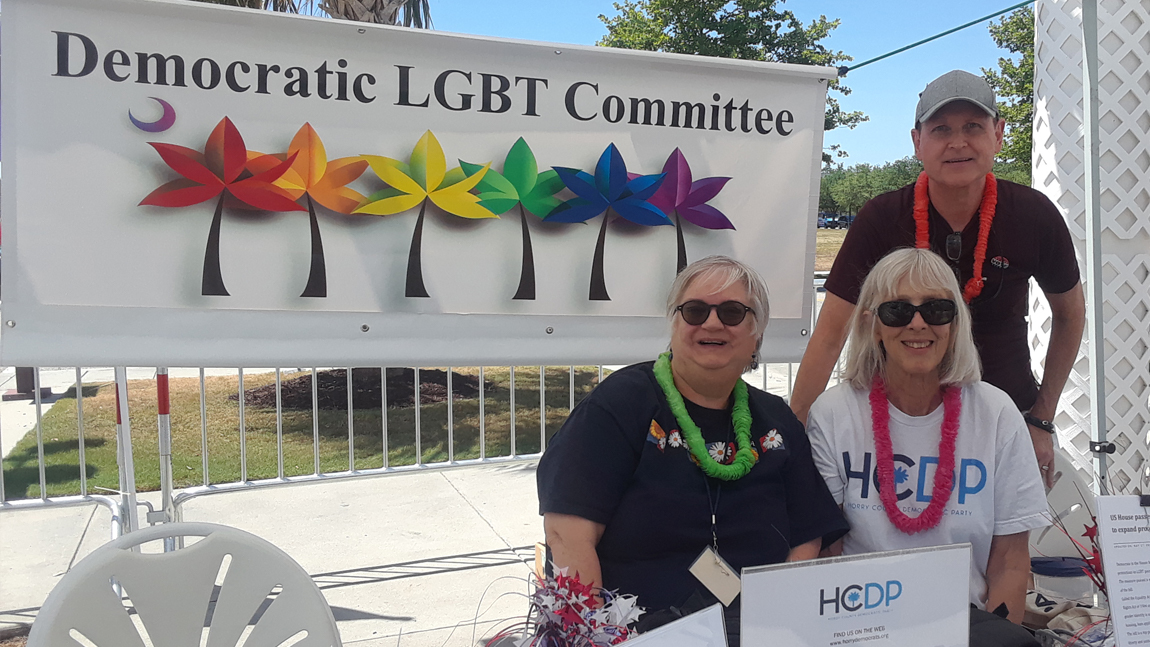When I was in London a few years ago, I was entertained by the sign you see in The Tube (their version of our subways here in the US) saying to “Mind the Gap.” It warns of the danger of mis-stepping into the gap between the train platform and the train.
This could be a deadly mistake if you end up down on the electrified rails that run the trains. Over the course of a day, thousands of people step on and off The Tube without even thinking about the message as they go throughout their day.
I recently read an article titled “Biden-Harris Administration Announces 14.5 Million Americans Signed Up for Affordable Health Care During Historic Open Enrollment Period”. It was reported from the Centers for Medicare and Medicaid Services.
As an educator training students to work in healthcare, I have followed CMS news for years. I was very encouraged to read that 5.8 million Americans “newly gained coverage”.
This was brought about by the fact that the American Rescue Plan lowered health care costs for most of the marketplace consumers, lowering average monthly premiums by 23 percent. More than just being proud to be a Democrat who has supported Biden’s effort in the healthcare venue, I am thankful that more Americans, no matter their political preference, have been afforded a chance to get basic health care coverage.
It goes back to the essay I would assign to students in their first year in my classes, “Is health care a right or a privilege?” It still confounds me that basic health care is not a right for everyone.
My students did not have a grasp about what basic health care should look like nor did they understand anything about health insurance, private or government funded. In my classroom, we debated this question. As a nurse working in acute care, public health and home health, I had already witnessed the great divide with people who could afford private insurance, those with Medicaid or Medicare and then those that had nothing or fell in the gap.
In my classroom, I became sorely aware of that gap because statistically most of my classes were about 30 percent private insurance, 55 percent Medicaid and 15 percent with no insurance at all (yes, I did an anonymous survey to get to these statistics).
Fortunately, I was employed in a state (North Carolina) that had voted for Medicaid to cover most unable to buy insurance. There was still a gap for people not poor enough to get Medicaid but not affluent enough to afford private health care. That seemed to be filled with no-cost clinics in the city where I lived.
GOP Medicaid Opt-Out
Then I moved to South Carolina. My first shock came as I went to vote for the first time. It was highly unorganized (fodder for a future article). I started focusing on other differences. I learned that South Carolina (under Nikki Haley) had opted out of Medicaid expansion. This has continued under Gov. Henry McMaster.
As a result, there are about 105,000 people who are in this coverage gap (mind the gap!). As reported in an article on healthinsurance.org, “they are the state’s poorest residents, with incomes under the poverty level, and they have no realistic access to health coverage. They do not qualify for subsidies in the exchange, and they also do not qualify for Medicaid. In many cases, they rely on emergency rooms and community health clinics, but future funding for those clinics are in jeopardy too.” This does not include the 345,000 people who would be covered if the state accepted the expansion.
On a positive note, 1,159,844 South Carolinians were covered by Medicaid/CHIP as of May, 2021. The total number of South Carolinians is 5,124,712 according to the 2020 census.
While that seems to be a small percentage of South Carolinians not covered (approximately 3.5 percent), there are two reasons for the governor to reconsider Medicaid expansion.
It seems that McMaster’s stance on refusing the extra federal funding ($15.8 billion dollars over the next decade) seems to be a carryover from Haley who opposed President Obama, (and is now carried over to President Biden). In 2013, Haley said that South Carolina “will not expand Medicaid on President Obama’s watch. We will not expand Medicaid ever.”
McMaster has chosen to ignore the gap, too. From a financial perspective, South Carolina taxpayers are funding Medicaid expansion for other states, but not our own. Why leave money laying on the table?
More importantly, there’s a human cost that’s being ignored by this decision—those South Carolinians with no way to pay delay preventative care such as physicals, dental or mental health care.
They eventually show up in ERs, free clinics or use health department services. Then the health care systems have much more complex issues with which to deal. It’s like not taking your car for routine maintenance until all the warning lights flash red on your dashboard. In this pandemic, healthcare facilities are overwhelmed, and many are on the brink of failure in rural parts of our state.
Every day in South Carolina our legislators gamble with the health of our state’s citizens by not choosing Medicaid expansion. It can be a deadly mistake for the ones who have the least ability to push back, usually the elderly and children.
The gap is real and unavoidable for those without the benefits Medicaid expansion could bring. It’s time for South Carolina to start “minding the gap”. Quit leaving money on the table. Start caring for everyone. It’s an investment in the future of our state, for all of our citizens.
What Can You Do?
Contact your state representatives in Columbia and tell them to demand that South Carolina accept Medicaid expansion NOW! It’s easy. Here’s what you can say (just copy and paste). Send the same message to Gov. McMcMaster.
I am your constituent in South Carolina and it is wrong that our government has refused to accept Medicaid expansion under the Affordable Care Act. Thousands of people are suffering due to this political neglect. Please support Medicaid expansion NOW!
»Click here to find your Representative
Here’s how to reach the Governor:
The Honorable Henry McMaster
State House
1100 Gervais Street
Columbia, South Carolina 29201
»Use this form to Contact Governor McMaster
Phone: (803)734-2100
Fax: (803)734-5167






